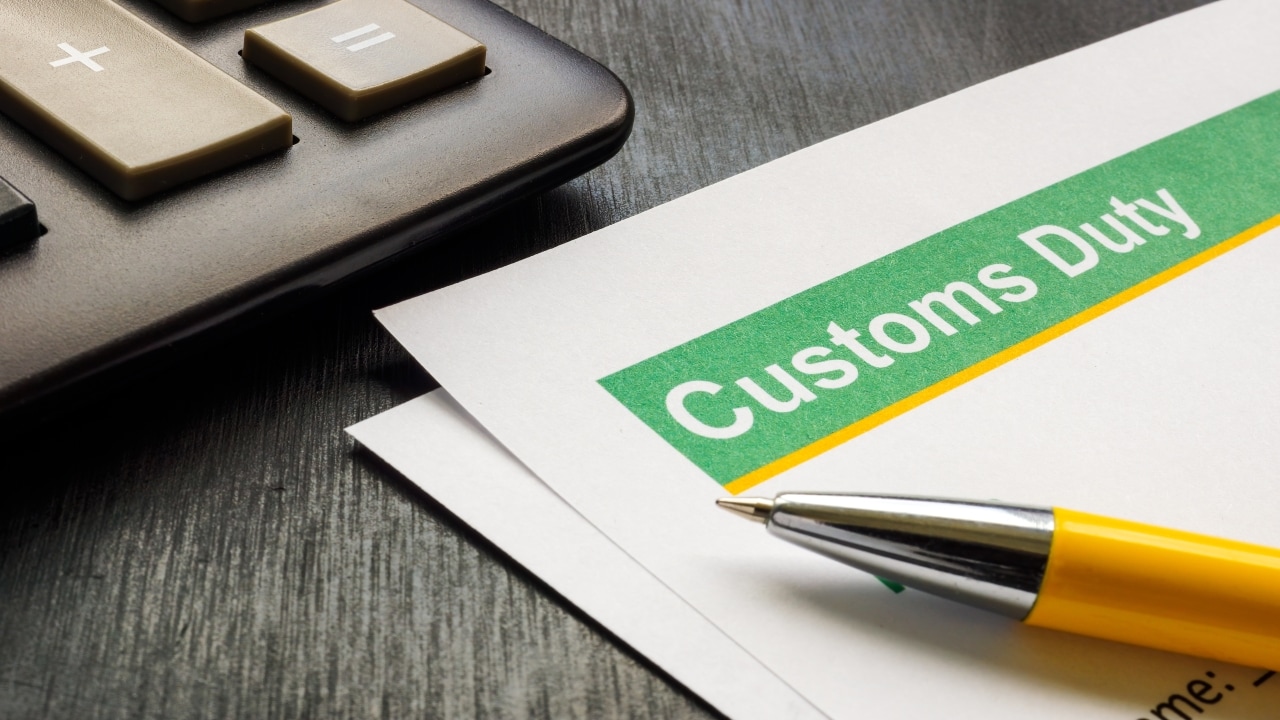
Sources familiar with the development, speaking on the condition of anonymity, added that “the government is considering a customs duty rejig on over 200 items to protect domestic companies.”
They further stated that “currently, the government is reviewing import duty exemptions on these 200+ items, with the ongoing exercise focused on assessing and removing exemptions that create an inverted duty structure.”
Sources also mentioned that “the customs duty rejig under this review exercise is expected to benefit sectors such as solar, electric vehicles (EVs), pharmaceuticals, electronics and mobile phones, and steel. The government is also keen on establishing a WTO-compliant support mechanism for domestic companies and is considering measures to protect them from the protectionist policies of the Trump administration.”
As of now, no final decision has been made, but a detailed review is underway.
The customs duty rejig was also mentioned by Finance Minister Nirmala Sitharaman in the July Budget, where she highlighted the need to support domestic manufacturing, deepen local value addition, promote export competitiveness, and simplify taxation, while keeping the interests of the general public and consumers in mind.
Experts believe that the comprehensive review of the rate structure should continue, as duty inversion remains an issue that needs addressing.
Sources indicate that the government also believes that customs duty rates should align with initiatives such as the Production-Linked Incentive (PLI) scheme. Sectors identified for the PLI scheme may require either concessional duty rates for critical components or protection in the form of higher duties. “Thus, this review of the duty structure and course correction will also consider these areas,” the sources added.
Additionally, the Central Board of Indirect Taxes and Customs (CBIC) is reviewing all existing Free Trade Agreements (FTAs) from a duty perspective to ensure that their benefits are not being misused, and corrective actions will be taken to prevent misuse from affecting the domestic industry.
Given the U.S. is a major trading partner, “India is mindful of the U.S. stance under the Trump administration, which has been vocal about initiating protectionism and imposing higher tariffs on Indian exports. The CBIC is considering supporting exporters with WTO-compliant measures to enhance the competitiveness of their products,” sources explained.
“One of the key considerations for the government will be to assess the impact on domestic manufacturing, including the amount of value addition taking place in the country. The depreciation of the currency and developments in the US may also be important factors,” said Pratik Jain, Partner, Indirect Taxes at PwC India.
The budget estimates for 2024-25 for customs duties are ₹2,37,745 crore, around 4% of the total budget receipts.
It remains to be seen what the upcoming budget unveils for the industry.



